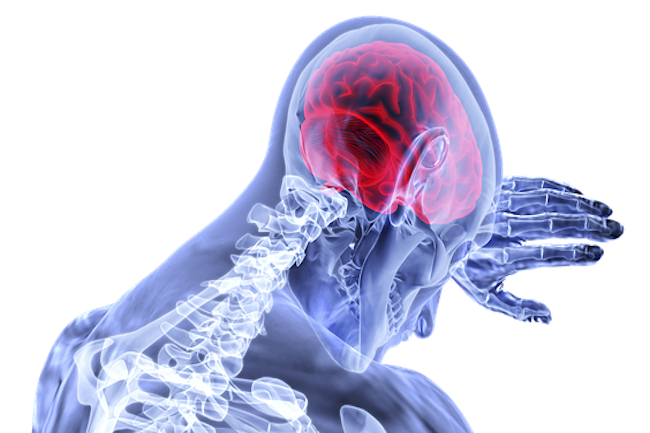ADHD Meds Linked to Double the Psychosis Risk in Kids, Young Adults by for Natural Society
A type of commonly-used medication prescribed to treat attention-deficit hyperactivity disorder (ADHD) has been linked to a higher risk of psychosis. A study suggests that another type of ADHD medication carries a far lower risk, but doctors are reluctant to prescribe safer medications over riskier drugs. [1]
Study leader Lauren V. Moran, MD, a psychiatrist at McLean Hospital, said:
“We looked at new users, people who are being prescribed these medications for the first time.
We compared amphetamines, which is Adderall and Vyvanse, to people who were prescribed methylphenidates, which is Ritalin or Concerta. We found that Adderall-type drugs had an increased risk of psychosis.”
Rates of ADHD have climbed sharply in recent years. More than 6 million children and teens in the U.S. have been diagnosed with the disorder, which causes difficulty concentrating, hyperactivity, and impulsiveness.
In the U.S., 5 million people under the age of 25 are prescribed ADHD medications.
For the study, Moran and her colleagues looked at data from two large commercial insurance claims databases on patients ages 13 to 25 years old with an ADHD diagnosis who began taking amphetamines or methylphenidates between 2004 and mid-2015. The sample included more than 220,000 patients.
One out of every 486 patients who started taking an amphetamine developed psychosis which required an antipsychotic medication, the analysis revealed. By comparison, just 1 in 1,046 patients taking a methylphenidate developed the condition.
Psychosis can best be described as a mental condition characterized by a disconnection from reality. People with psychosis may hallucinate, hear voices in their head, and experience delusions, such as the false belief that the government is following them or that they are in danger.




